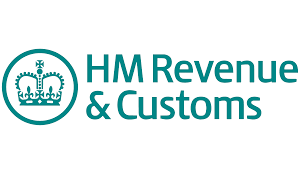The Federal Police stressed that 22 suspected people smugglers were also arrested as a result of the border controls introduced by Germany in a bid to enhance national security.
In addition, a total of 166 people with outstanding warrants were arrested by investigators and 27 others were banned from re-entering the country.
According to a report from Zeit News, permanent checkpoints have been implemented by the German-Dutch border in Lower Saxony at the A30 near Bad Bentheim, the A280 near Bunde, and the B402 near Schöninghsdorf (near Meppen). On December 9, 2024, internal border controls were also introduced by the Netherlands at its land borders with Belgium and Germany.
Over 3 Months of Border Controls
In a bid to combat irregular migration, authorities in Germany imposed border controls on September 16, 2024.
Announcing the decision, the German Minister of Interior, Nancy Faeser, said the measure would remain effective for six months.
However, the Ministry of the Interior ensured that travel and commuter traffic and business and trade would be affected as little as possible.
Controls Needed Until EU’s External Borders Are Significantly Increased
Land border control measures introduced by Germany were set to remain in place until March 15, 2025. However, the measure may be extended beyond this date.
Claiming that the measure is effectively helping to combat irregular migration and smuggling crime, the Interior Minister of Germany, Nancy Faeser, said that the measure may remain effective beyond mid-March.
In accordance with the Schengen Borders Code (SBC), EU Member States are allowed to reintroduce border controls at internal borders in cases of a serious threat to public policy or internal security. However, the measure should be applied as a last-resort one under exceptional circumstances.








